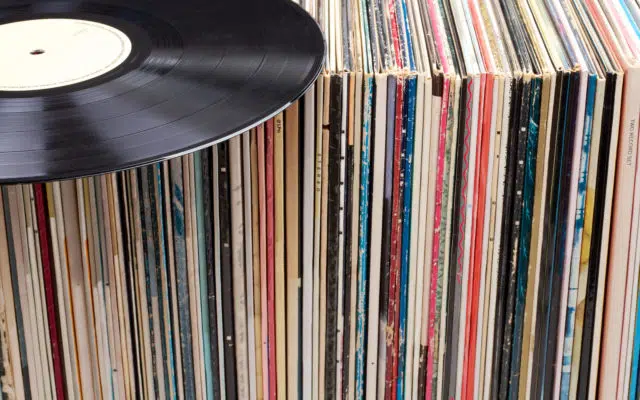By Nidal al-Mughrabi
GAZA (Reuters) – Standing at his watchtower, Gaza lifeguard Mohammad Abu Ghanim keeps a keen eye out for signs of rising waves.
“When I feel the winds blow west at the end of my shift, I know the waves will be high the next day,” he said. “I prepare myself, friends and cousins and we get it, and we enjoy the nice high waves.”
With Gaza’s land borders tightly controlled by neighbouring Israel and Egypt, the seaside is a precious resource for people looking to relax and escape their day-to-day stresses.
“When we go surfing we feel freedom and peace, we feel our hearts are relieved,” Abu Ghanim said.
While the tiny Gaza surfing scene is a world away from the famed beaches of California, Australia or South Africa, it has clung on since 2007, when Israeli surfer Dorian “Doc” Paskowitz brought 15 surfboards into Gaza after seeing a film of two Palestinians practising on a makeshift board.
A few years later, American surfer Matthew Olsen helped deliver 30 more boards and helped train more surfers, even though an attempt to set up a surf club foundered after opposition from Gaza’s rulers in Hamas.
“I feel wonderful the surfboards are still in use,” Olsen told Reuters.
Obtaining boards and other equipment such as wetsuits is made difficult by Israeli restrictions aimed at limiting the import of anything that could be used for military purposes, although an Israeli military spokeswoman said there should be no problem about bringing in purely sporting equipment.
As for Abu Ghanim, he knows that Mediterranean waves are fickle and he is ready rush to the sea with his friends, even at night, when time is right.
“We are always on standby mood,” said Abu Ghanim’s cousin, Mohammad, 24.
(Writing by Nidal Almughrabi; Editing by Alex Richardson)







